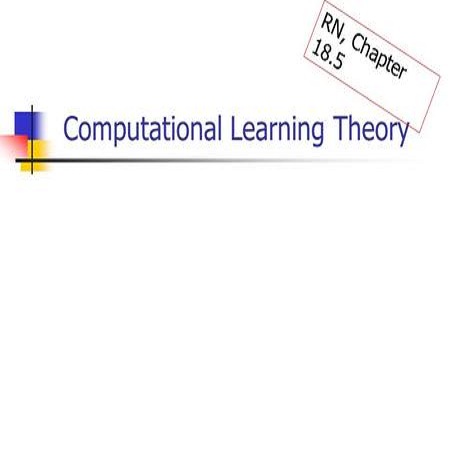Combinatorial optimization - a field of research addressing problems that feature strongly in a wealth of scientific and industrial contexts - has been identified as one of the core potential fields of applicability of quantum computers. It is still unclear, however, to what extent quantum algorithms can actually outperform classical algorithms for this type of problems. In this work, by resorting to computational learning theory and cryptographic notions, we prove that quantum computers feature an in-principle super-polynomial advantage over classical computers in approximating solutions to combinatorial optimization problems. Specifically, building on seminal work by Kearns and Valiant and introducing a new reduction, we identify special types of problems that are hard for classical computers to approximate up to polynomial factors. At the same time, we give a quantum algorithm that can efficiently approximate the optimal solution within a polynomial factor. The core of the quantum advantage discovered in this work is ultimately borrowed from Shor's quantum algorithm for factoring. Concretely, we prove a super-polynomial advantage for approximating special instances of the so-called integer programming problem. In doing so, we provide an explicit end-to-end construction for advantage bearing instances. This result shows that quantum devices have, in principle, the power to approximate combinatorial optimization solutions beyond the reach of classical efficient algorithms. Our results also give clear guidance on how to construct such advantage-bearing problem instances.
翻译:暂无翻译



